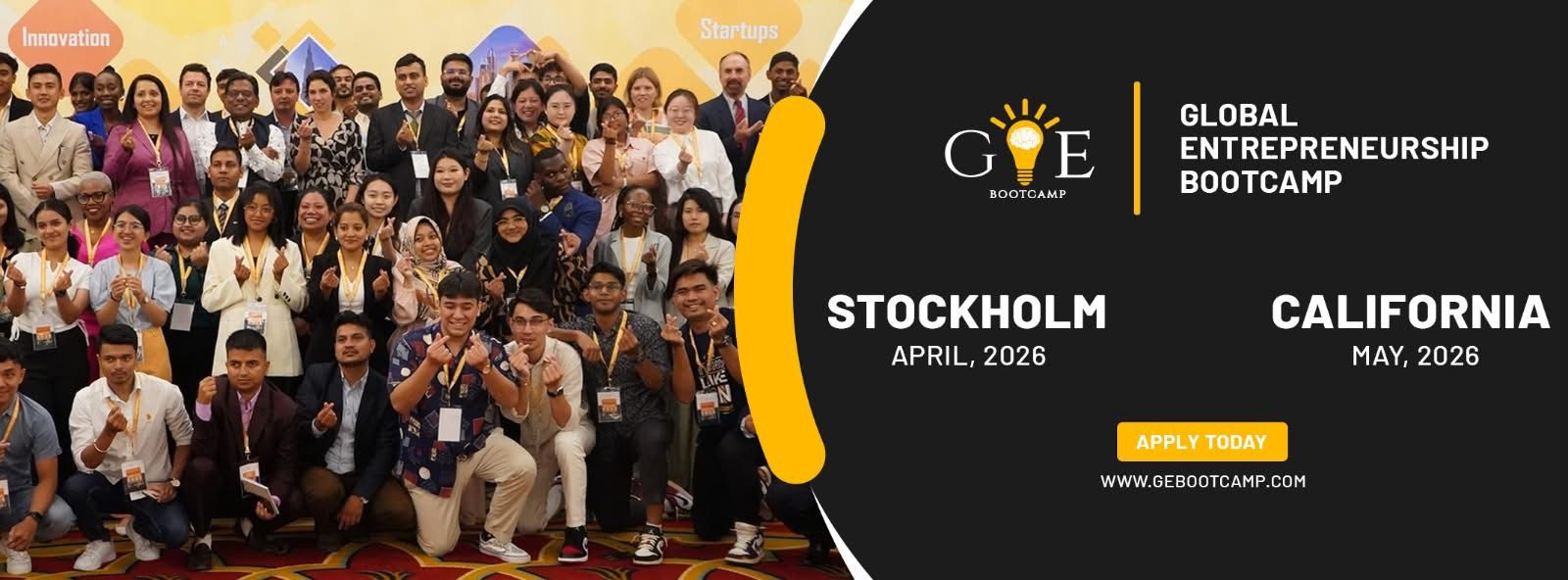
International Livestock Research Institute Fellowship 2022 | Funded
Details
Applications are open for the International Livestock Research Institute (ILRI) PhD Graduate Fellowship 2022. ILRI seeks to recruit a PhD graduate fellow to work on assessing wildlife value chain and interspecies transmission risk of zoonotic diseases using a One Health approach in Vietnam. The successful fellow will be hosted at the Animal and Human Health (AHH) program at ILRI.
ILRI works to improve food and nutritional security and reduce poverty in developing countries through research for efficient, safe and sustainable use of livestock. It is the only one of 15 CGIAR research centers dedicated entirely to animal agriculture research for the developing world. Co-hosted by Kenya and Ethiopia, it has regional or country offices in East, South and Southern Asia as well as Central, East, Southern and West Africa.
See More: Eugene C. Pulliam Fellowship 2022 for Editorial Writing
About the Position
Wildlife farming and trade has grown into a multimillion industry in Vietnam. It primarily supplies food, income and other livelihoods to many communities, and supplements food production gaps from the livestock industry in other areas. One of the biggest threats of this occupation, however, is its potential to serve as a source of novel zoonotic pathogens. Published studies show that up to 75% of all emerging diseases are zoonoses, with most of these being associated with wildlife. Such novel zoonoses often cause huge health and socioeconomic impacts. Examples of novel zoonotic pathogens that recently emerged from wildlife include Ebola, SARS, SARS-CoV-2, Nipah virus and highly pathogenic avian influenza.
Depending on biosafety and biosecurity practices used to prevent cross contamination, wildlife farms, slaughterhouses or markets could serve as contact nodes from where zoonotic pathogens spillover to the human population. It is important therefore to characterize practices involved in wild meat production and marketing, identify nodes where humans, domestic animals and wildlife interface and quantify risk of spillovers to inform targeted surveillance and response.
Responsibilities from Livestock Research Institute Fellowship
In close collaboration with ILRI supervisors, the fellow will:
- Develop a protocol for screening human and animal diseases including collection blood and serum samples for zoonotic diseases.
- Lead the sampling and process the samples mentioned above for laboratory analysis.
- Develop a risk assessment framework, focusing on risk of zoonoses spillovers from wildmeat value chain.
- Develop a survey for risk factors, knowledge, attitude and perception.
- Conduct statistical analysis and develop a disease transmission model from animal/wildlife to human.
- Draft a thesis and at least three journal publications.
- Undertake other relevant tasks as assigned by work supervisors.
Benefits from Livestock Research Institute Fellowship
- ILRI will offer a competitive stipend to cover living expenses, medical insurance cover, meet research expenses and tuition fees.
- The successful candidate will benefit from various capacity development opportunities available at ILRI and will be supervised jointly by an ILRI scientist and the university/academic supervisor.
Eligibility for Livestock Research Institute Fellowship
- Applicant should have a bachelor’s degree in veterinary medicine, animal science, public health or other relevant areas and master’s degree within relevant field e.g., epidemiology, ecology and data science.
- Quantitative statistical analysis skills.
- Experience in qualitative or quantitative risk analysis is an advantage.
- Good skills in a programming/scription language (e.g., R and STATA).
- Experience with QGIS or ArcGIS.
- Willingness to travel and to spend time in the field.
- Ability to work in interdisciplinary and international team, very good interpersonal and communication skills.
- Excellent command in written and spoken English and Vietnamese.
- Proven publication record (peer-reviewed).
- Good working knowledge of MS Office packages.
Application of Livestock Research Institute Fellowship
All applications must include the following:
- A cover letter addressed to the Head of Capacity Development, ILRI expressing their interest in the fellowship position. And what they can bring to the fellowship. The position title and reference number REF: GF/ILRI/AHH/04/2022 should be clearly marked on the subject line of the cover letter.
- CV including names and addresses (including telephone and email) of three referees who are knowledgeable about the candidate’s professional qualifications and work experience.
- Copies of academic qualification certificates/transcripts.
See More: She Leads Africa High Growth Coaching Program 2022
Lastly, It is important to visit the official website link found below to access the application form.
Correspondingly, Join us on Telegram for more opportunities!
Similarly, Visit oyaop.com and oyaschool.com for more scholarship opportunities.
Specifications
| Type of Opportunity | Scholarships and Fellowships |
|---|---|
| Deadline | 26 May,2022 |
| Country | Vietnam |
| Open to | All |
| Organizer | ILRI |
